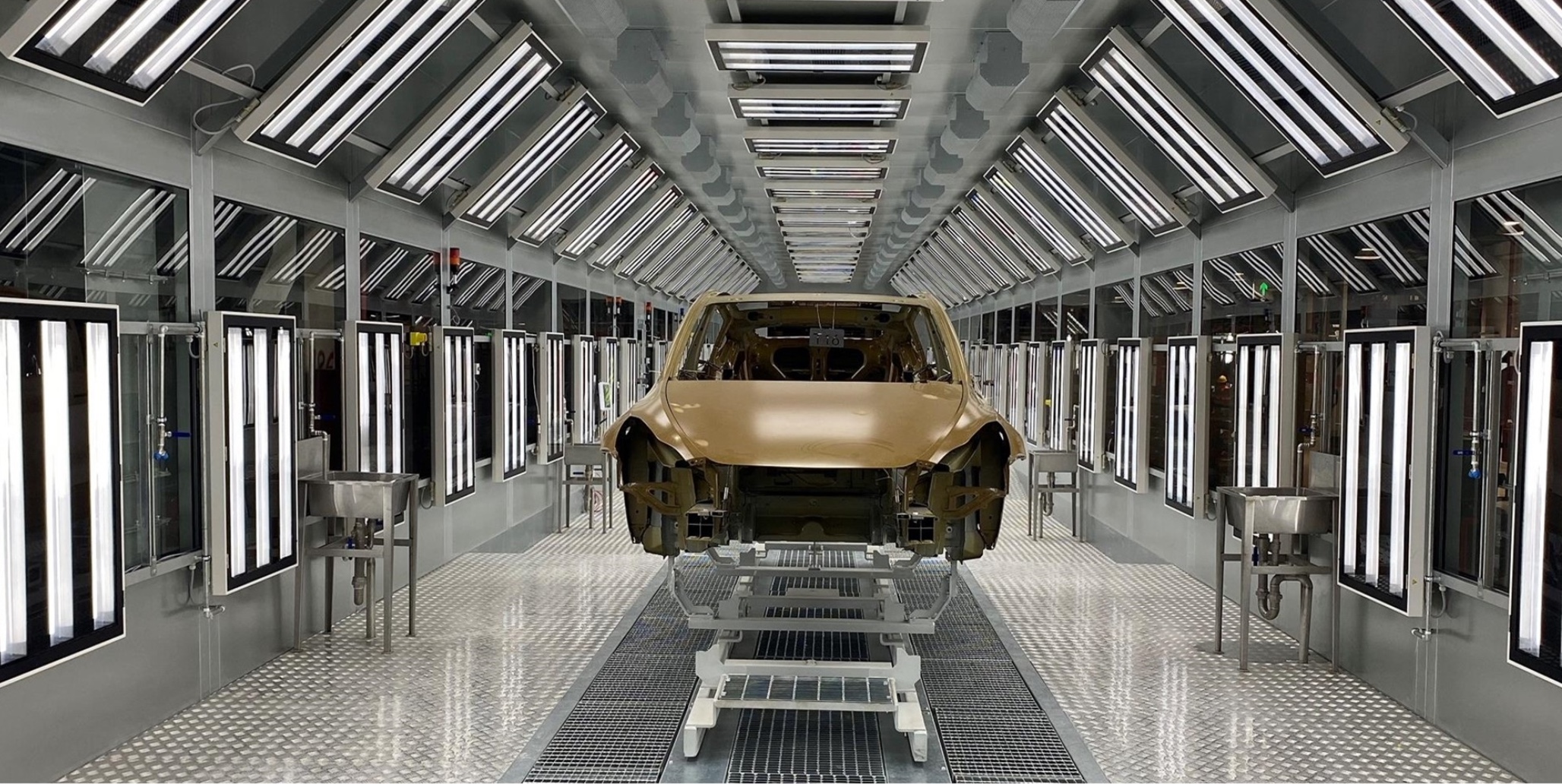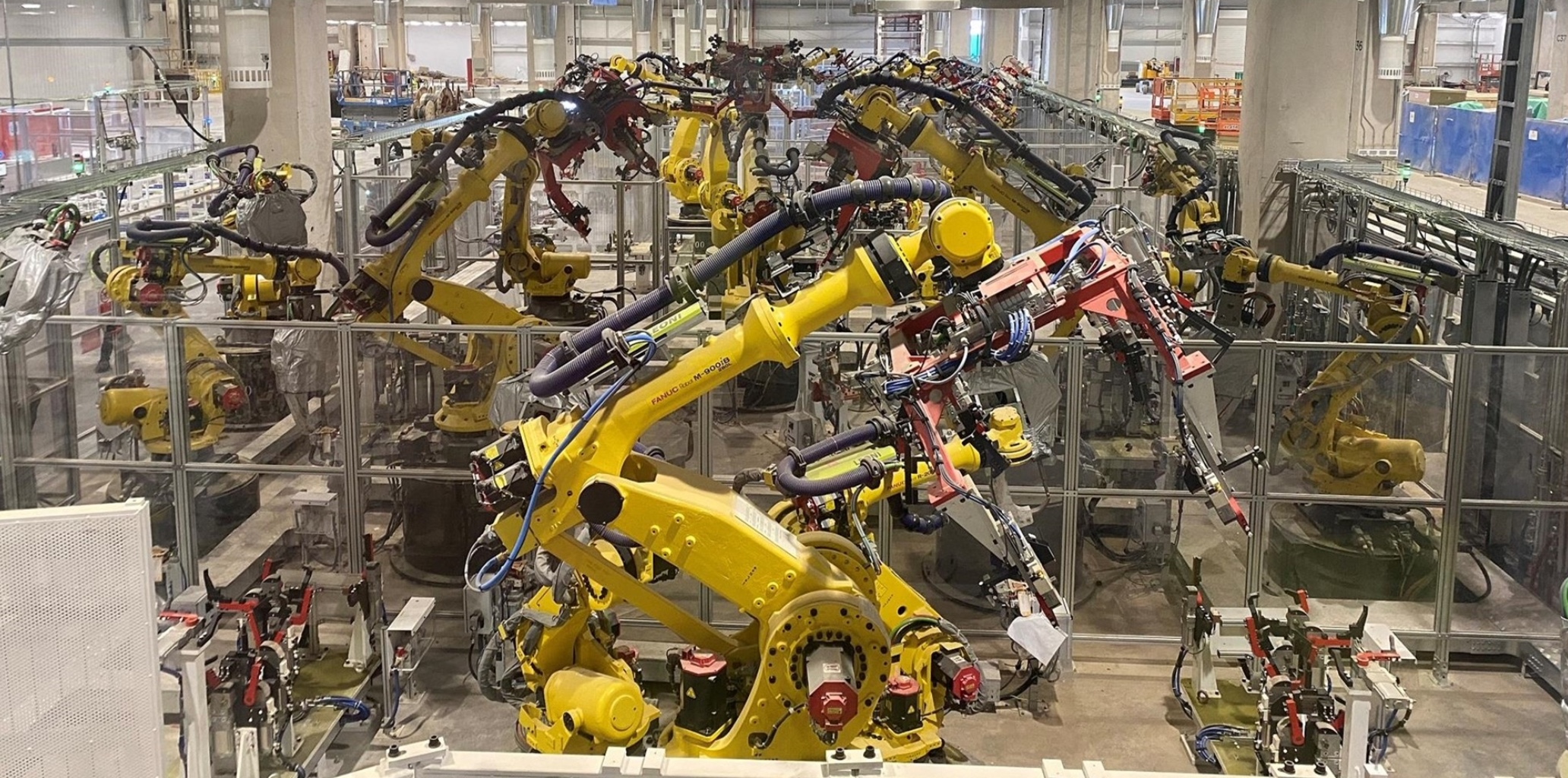Tesla ‘Halts Most Production’ At Shanghai Plant

After three-week closure due to Covid-19 restrictions, production at Tesla Shanghai plant reportedly slows to crawl due to supply chain disruption
Tesla has halted most production at its Shanghai plant, known as Gigafactory 3, due to supply issues, Reuters reported, citing an internal memo.
The plant plans to manufacture fewer than 200 vehicles on Tuesday, a significant drop from the 1,200 vehicles per day built since it reopened on 19 April following a 22-day closure due to coronavirus restrictions.
Reuters cited two sources who said the plant had been forced to shut down production entirely on Monday due to supply issues.
Tesla told Bloomberg it hasn’t shut down production at the plant, saying that some vehicles are still being made, although it acknowledged disruption to logistics.

Logistics issues
The plant reopened after its three-week closure under a closed-loop system, under which staff live on-site and are tested regularly.
Before the pandemic-induced halt on 28 March staff were working three shifts covering 24 hours, seven days a week. Under the current system they are working 12-hour shifts, six days a week.
But parts shortages mean those shifts end after about eight hours on most days, Bloomberg reported, citing an unnamed source.
The source said Tesla could be forced to halt production later this week due to logistics problems.
One of the issues is a shortage of electrical wire harnesses from Aptiv, which had to stop shipping from a plant that supplies Tesla and General Motors after Covid-19 infections were found amongst its staff, Reuters reported.

Production slowdown
The Shanghai factory, which in normal times manufactures 2,100 vehicles per day, only has inventory for just over two weeks based on its current schedule and logistics are a problem for many of its parts, Bloomberg said.
Local media, citing an unnamed official, reproted Tesla produced about 10,000 vehicles at the Shanghai plant from 19 April to 30 April, a run rate of about 830 cars per day.
Vehicle sales in China are likely to have dropped 47.6 percent in April to 1.17 million units, according to preliminary data released last week by the China Association of Automobile Manufacturers.
Lockdowns under China’s zero-Covid policy have in recent weeks shut factories, limited traffic to car showrooms and slowed consumer spending.
The restrictions have also affected companies such as Pegatron, which assembles Apple’s iPhones.